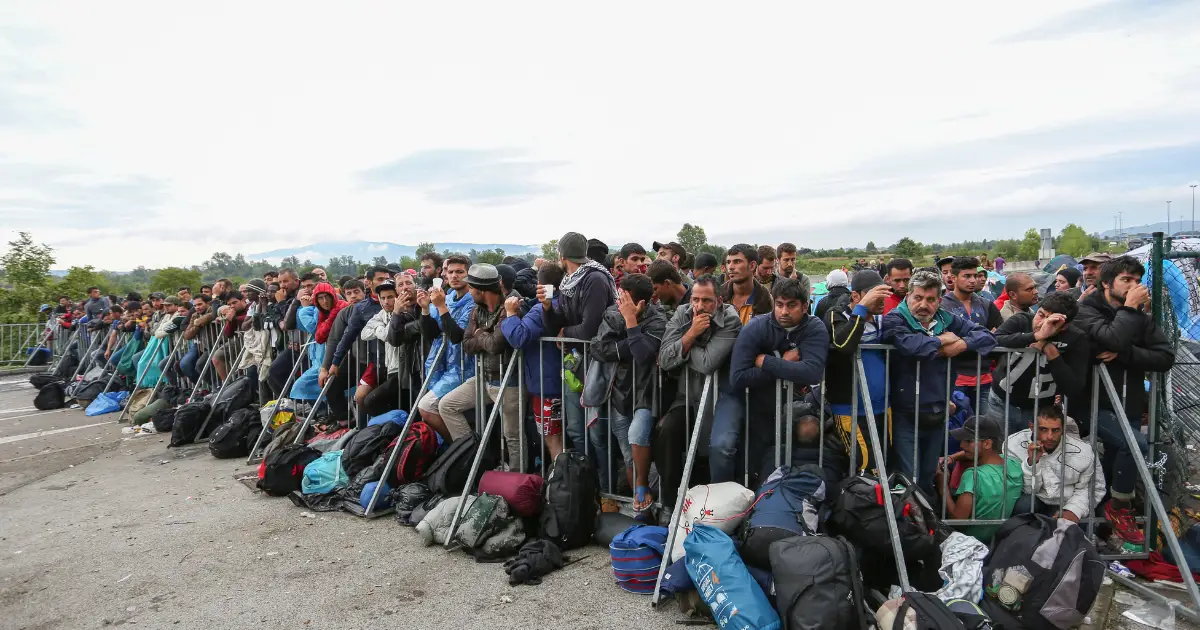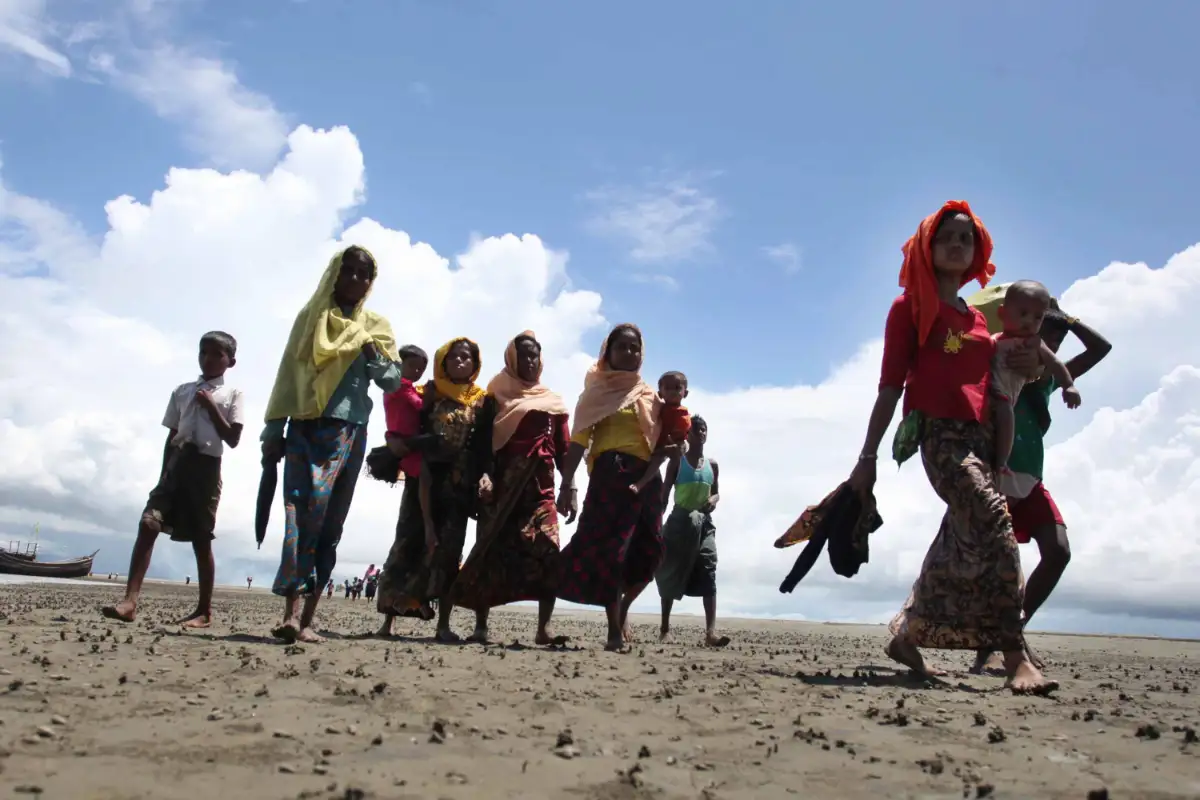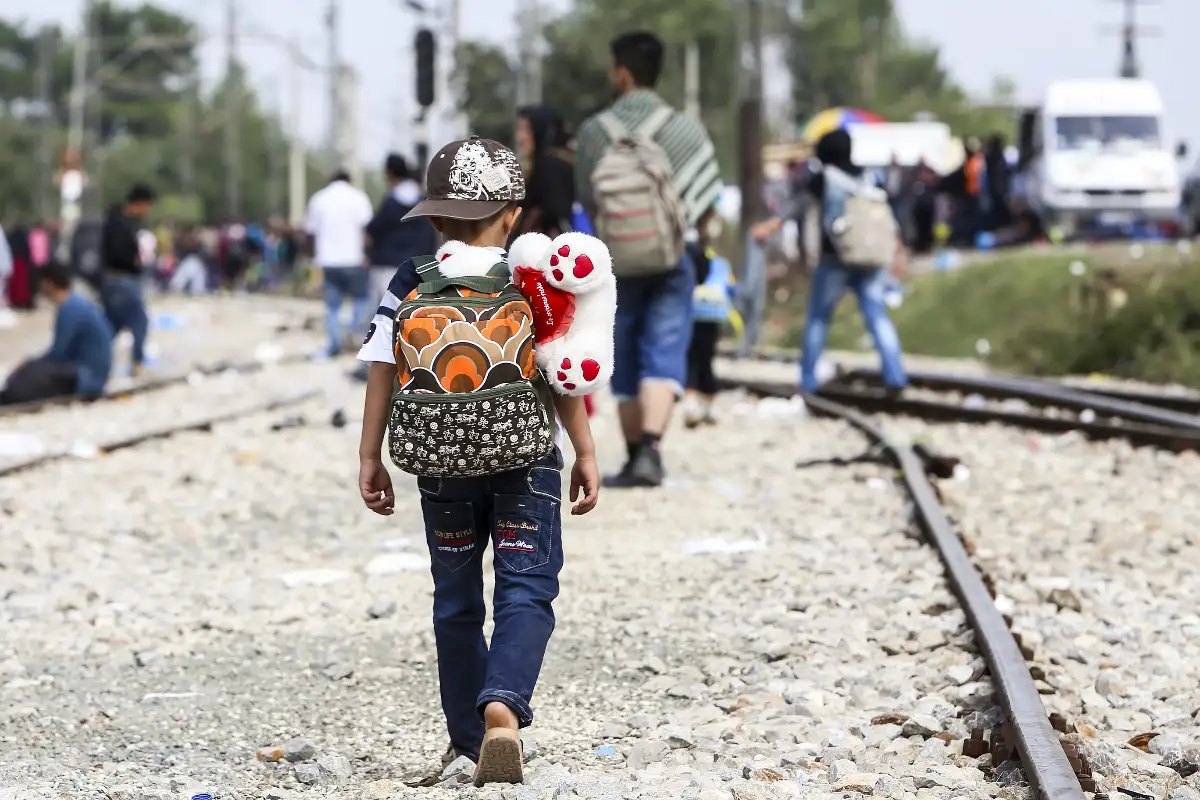In many communities, immigrant-led initiatives have become a cornerstone of local resilience during times of crisis. This article examines how immigrant groups have organized grassroots efforts—from food distribution and shelter coordination to language support and legal assistance—in response to natural disasters, economic downturns, or public health emergencies. Their actions often fill critical gaps left by traditional institutions, showcasing a spirit of solidarity and mutual aid.
The piece highlights several case studies where immigrant communities mobilized quickly to support one another. For example, during recent extreme weather events, local immigrant associations coordinated community kitchens and emergency childcare services. These initiatives not only addressed immediate needs but also fostered long-term bonds between neighbors of diverse backgrounds. Interviews with community leaders reveal the challenges they overcame, including limited resources and bureaucratic hurdles, and emphasize the importance of self-organized support networks.
Finally, the article reflects on the broader implications of these initiatives for community development. It argues that immigrant-led responses are a testament to the innovative capacity of these groups, urging policymakers and local governments to partner with community organizations. By integrating these grassroots efforts into official emergency response strategies, cities can build more inclusive, adaptive, and resilient communities.



